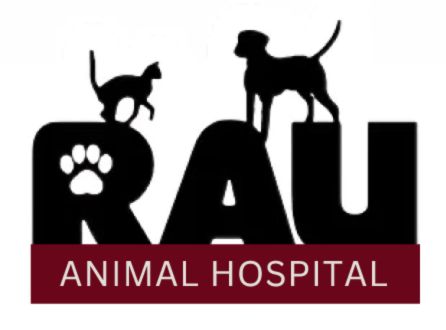
Make The Most Of Your First Visit To The Vet
During your kitten’s first veterinary visit, we will perform a thorough physical exam and gather information from you to help get a complete picture of your kitten’s health. This is also your opportunity to gather all of the important kitten care information you need to be an informed, responsible, and loving guardian. Below are some of the topics we will address at the first visit:
- Vaccination plans and schedules
- Kitten illnesses
- Safe treatment options for internal and external parasites
- Kitten diets
- Spaying and neutering
Our veterinarians will take into account factors such as breed, age, lifestyle, and any current health or behavioral issues to make recommendations that will be tailored to your kitten’s needs.
Schedule For Kitten Vaccinations
Kitten vaccinations are essential to proper kitten care and should be started before, or soon after you get your kitten. Boosters will follow at one year and we can help you understand a long-term plan for the rest of your cat's adult life. Kitten vaccinations are given to prevent feline leukemia, rabies, and distemper. These infectious diseases are devastating and completely preventable with simple vaccinations.
Signs Of Kitten Illness
Young kittens are susceptible to illnesses and diseases that can be very serious. This is why kitten vaccinations are so important. However, kitten vaccinations alone will not prevent all illnesses. The key to preventing illness is being diligent in monitoring your kitten’s behavior for symptoms. If you observe any of the following symptoms in your kitten, contact your vet immediately:
- Lack of appetite or poor weight gain
- Vomiting or diarrhea
- Swollen or painful abdomen
- Lethargy (tiredness)
- Difficulty breathing, wheezing or coughing
- Pale gums
- Swollen, red eyes or eye discharge
- Nasal discharge
- Inability to pass urine or stool
- Intestinal Parasites, Fleas And Heartworm
All kittens need a regular deworming program which includes medication to kill most intestinal parasites. In addition, we will want to check your kitten's stool for more uncommon but potentially serious parasites. Cats can also contract heartworm disease, which is untreatable. Therefore we recommend heartworm prevention for all of our feline patients.
One of the most common and annoying parasitic dangers is fleas. A discussion about your cat's lifestyle and proper flea and tick control is an indispensable component of kitten care. We do not recommend over-the-counter sprays, powders, and collars. They are less effective and more toxic to your kitten. At your next appointment, we would be happy to discuss an effective flea/tick and overall parasite prevention program.
Feeding Your Kitten
Understanding kitten food is a huge part of responsible kitten care. After all, your kitten's body is growing in ways that will directly impact his or her quality of life for many years to come. It is important that you choose quality kitten food that has been specifically formulated for young and growing kittens. Always look for a statement from the Association of American Feed Control Officials (AAFCO) that ensures the kitten food you choose meets or exceeds nutritional requirements for growing feline bodies. Make sure your kitten has fresh and abundant water early in the day to help break down the food, as well as to keep them hydrated.
When Should You Spay/Neuter Your Cat?
By 6 months of age, kittens are reaching a point of mature adolescence or kitty puberty. Because of this, it becomes essential for you to have your kitten spayed or neutered. Reasons for spaying and neutering include:
- Avoiding unpleasant habits like territorial scent spraying
- Avoiding unplanned litters
- A decrease in the chance of mammary or testicular cancer later in life
If your kitten is in contact with other kittens or cats of the opposite sex, it is essential that you have them spayed or neutered before or as they reach 5-6 months of age.
